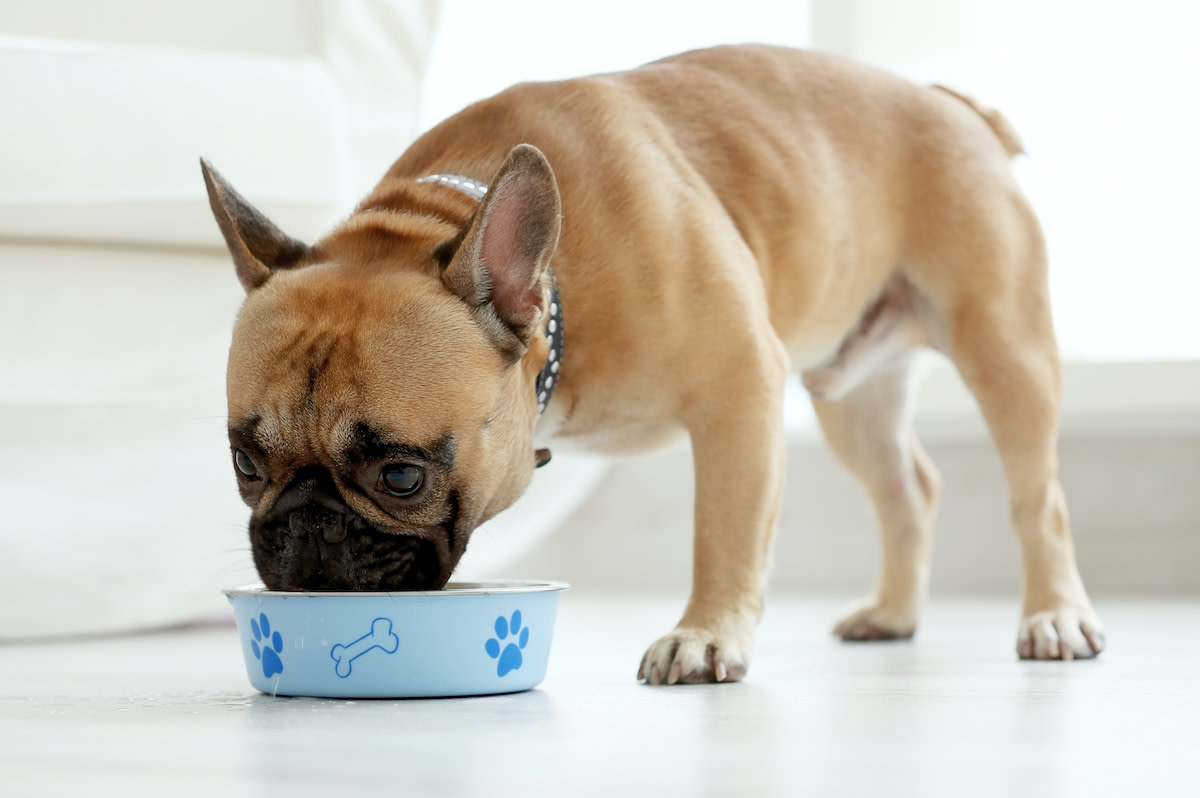Can Dogs Eat Vienna Sausages? 4 Health Risks for Dogs
Written by MasterClass
Last updated: Apr 12, 2022 • 1 min read
Dogs cannot eat Vienna sausages. They contain ingredients that can lead to health problems like high blood pressure and abdominal pain. Read on to learn why you should not offer these tiny hot dogs to your pet as a dog treat.
Learn From the Best
Can Dogs Eat Vienna Sausages?
No, you should not feed your dog Vienna sausages, whether fresh or canned. These frankfurters harm your dog’s health and digestive system. Vienna sausages, and most processed foods, contain high levels of sodium, fat, and calories, as well as dangerous additives and preservatives that are bad for your dog. Vienna sausages have few health benefits and offer little nutritional value to your dog’s diet. They can lead to long-term health issues like heart disease, kidney damage, obesity, diabetes, and digestive issues.
Are Vienna Sausages Good for Dogs? 4 Health Risks for Dogs
Vienna sausages are not a healthy dog food option, and you should avoid feeding this type of sausage to your dog. They are:
- 1. High in fat and calories: Vienna sausages are calorie-dense and high in fat content, making them dangerous for dogs who are obese or prone to weight gain. They can lead to issues like pancreatitis or kidney problems if eaten in large quantities.
- 2. High in salt: The high sodium content in Vienna sausage is bad for your pet's health. Your dog can experience bloat, dehydration, or excessive urination due to increased sodium consumption.
- 3. Full of dangerous additives: Vienna sausages contain additives and preservatives that can lead to many health problems with your pooch. Most processed meats include harmful ingredients like sodium nitrate that can lead to long-term health issues such as heart disease.
- 4. Seasoned with toxic ingredients for dogs: Added seasonings like onion powder or garlic powder are toxic to dogs and may lead to an upset stomach or gastrointestinal distress.
Before Sharing With Your Pooch
Certain human foods can cause adverse reactions in canines, so always consult your veterinarian to determine whether it is safe to add these foods to your pet’s diet. This article is for educational and informational purposes and is not a substitute for medical or dietary advice.
Want to Learn More About Training the Goodest Boy or Girl?
Your dream of having a dog who understands words like “sit,” “stay,” “down,” and—crucially— “no” is just a MasterClass Annual Membership away. The only things you’ll need to train up a well-behaved pup are your laptop, a big bag of treats, and our exclusive instructional videos from superstar animal trainer Brandon McMillan.
